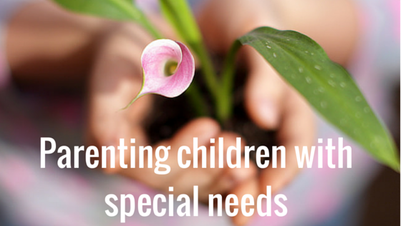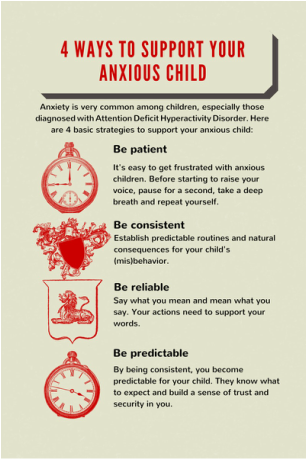 Image courtesy of Let Grow Therapy and Counseling - Helping Children to Thrive
Image courtesy of Let Grow Therapy and Counseling - Helping Children to Thrive It takes twice as much effort for parents of children with special needs to stay intimately connected to one another and it is not unusual for people to struggle to do so between all IEP meetings, therapy appointments and after-school supports. If you can relate, this article is meant for you.




 RSS Feed
RSS Feed